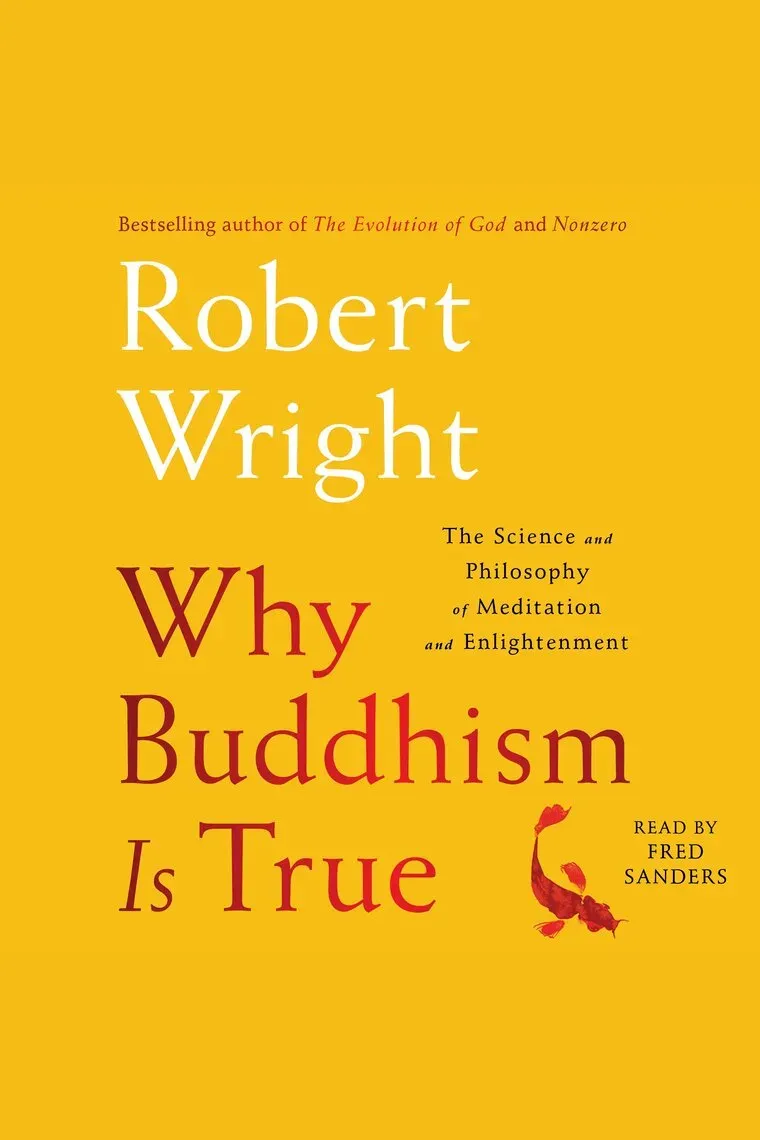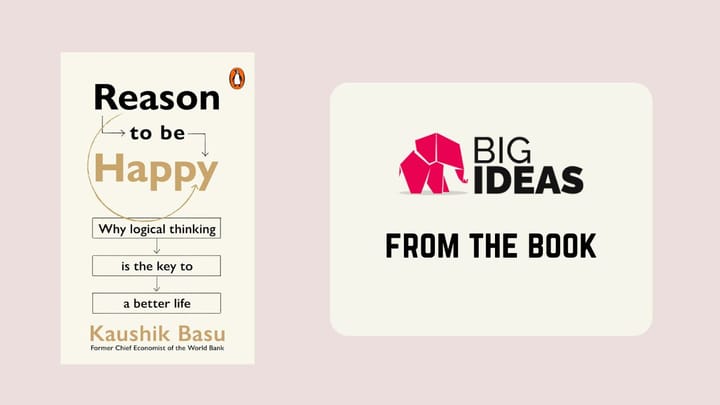Why Buddhism is True – Robert Wright

The world is an illusion.
Evolution created minds that seek illusions
The human brain was designed – by natural selection – to mislead us, even enslave us:
Evolutionary, animals that crave things that will help them survive & reproduce are better served by feeling satisfaction. A creature that continually needs to strive in order to satisfy its cravings is more likely to reproduce. Lasting happiness is not something that comes easily to human beings.
Natural selection has no inherent bias towards truth. We are prone to delusion and illusion.
We are living in an unreal circle of unhappiness.
The conscious self doesn’t create thoughts
It receives them!
The 3 components of the Buddhist Solution
Buddhism is a philosophy and practice for seeing the world accurately. To notice the true nature of reality:
Non-Self: Your consciousness is not a CEO in your brain but more like the PR department. There is no atemporal you that is in control. The self is an illusion.
You can end suffering (dukka) by avoiding tahna: craving for the pleasant, avoidance of pain, and the tendency for delusion.
Impermanence: Nothing lasts forever! Therefore, nothing can be grasped or held on to.
Emotions from an evolutionary perspective
Emotions can be regarded as automatic judgments about our environment. For instance, anger and fear promote defensive reactions (fight or flight in the face of a threat) to improve our chances of survival; lust fuels sexual activity; and pleasure provides positive reinforcement for evolutionary goals.
But these reflex judgments are not always accurate. For instance, social justice movements the world over have struggled to bring our unconscious inferences about gender or otherness into conscious consideration.
Liberation consists of changing the relationship between your consciousness and the things you normally think of as its ‘contents’ – your feelings, your thoughts, and so on. Once you realize that these things are ‘not-self’, the relationship of your consciousness to them becomes more like contemplation than engagement, and your consciousness is liberated.
The modular theory of the mind
This theory conceives of the brain as possessing a variety of structures or networks that support specific functions: self-protection, enabled by a quick reaction to threats; mate attraction, enabled by demonstrations of empathy or strength; mate retention; kin care; status seeking; and so on.
These modules continuously compete for the prize of conscious attention. But this competition takes place on a nonconscious level. So many of our impulsive reactions are unconsciously generated.



Comments ()